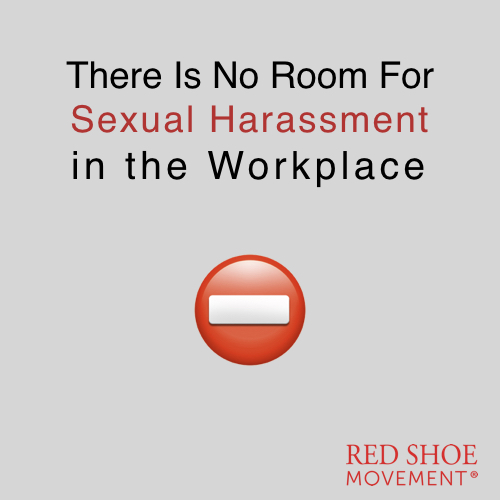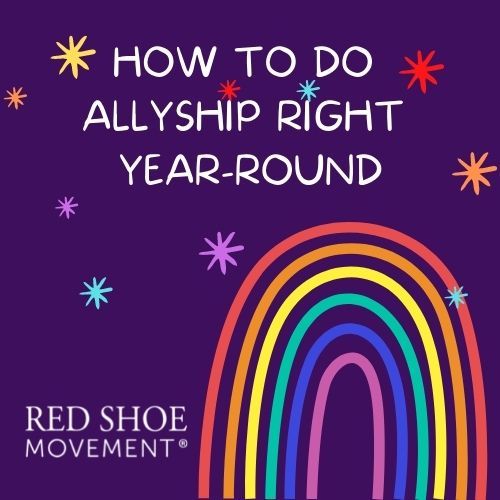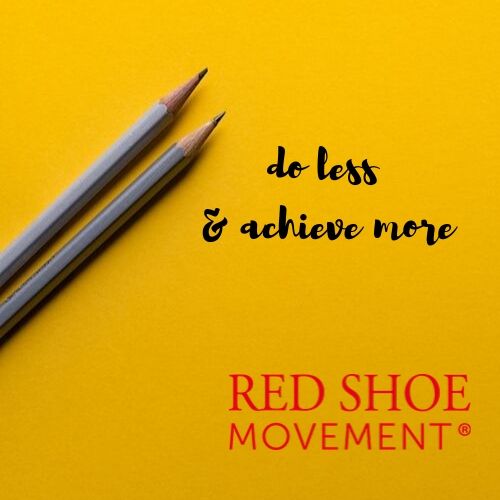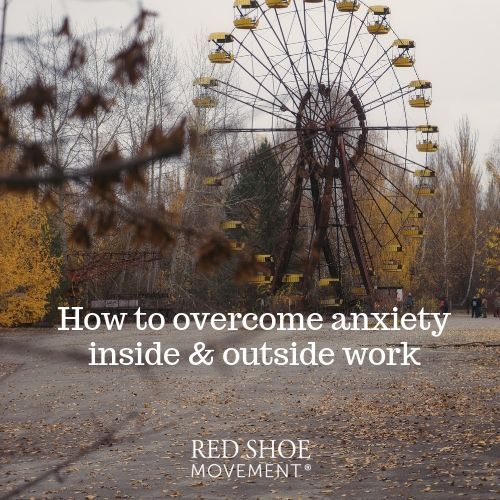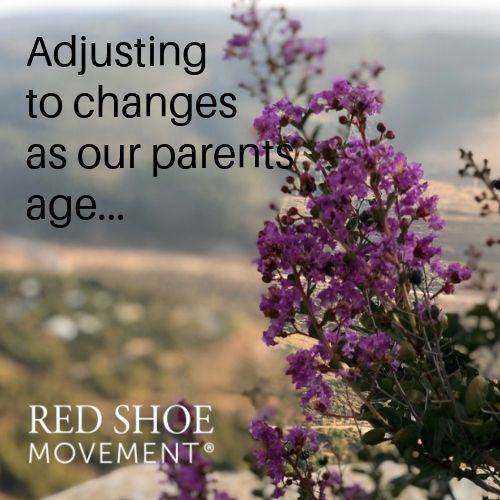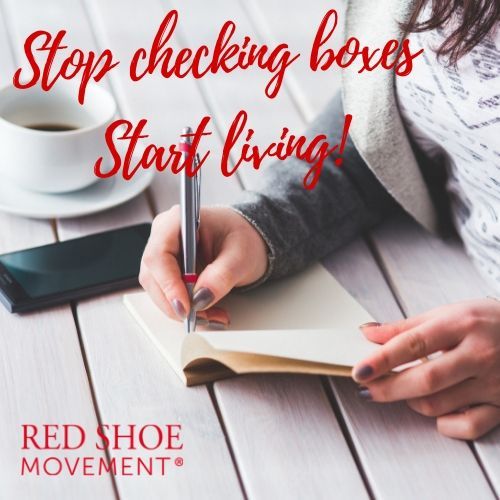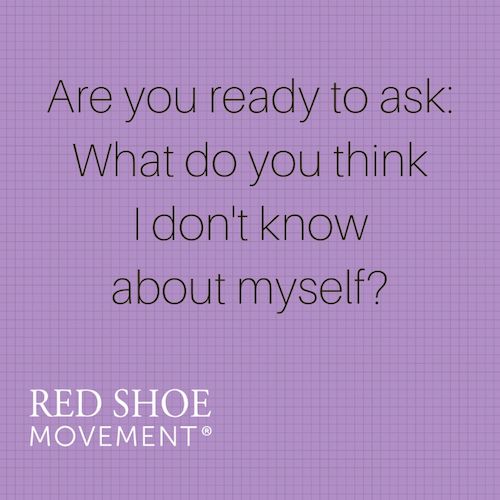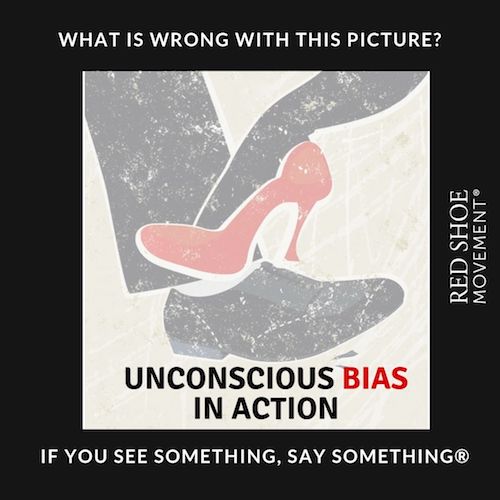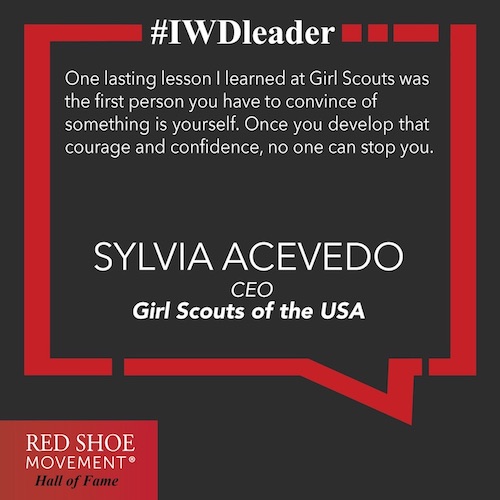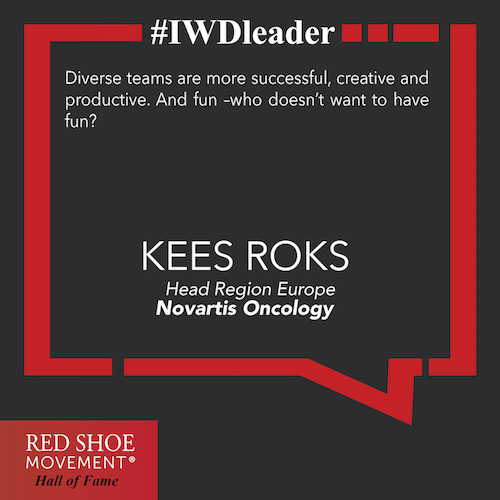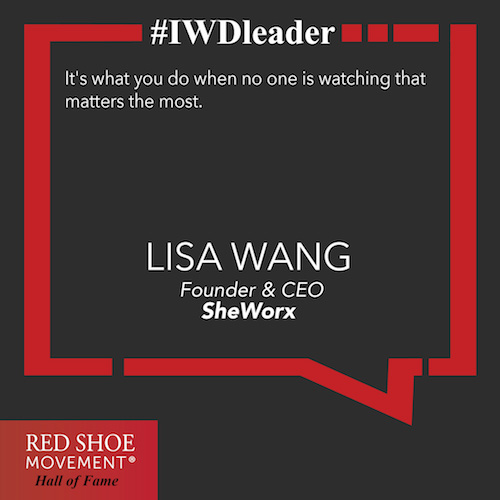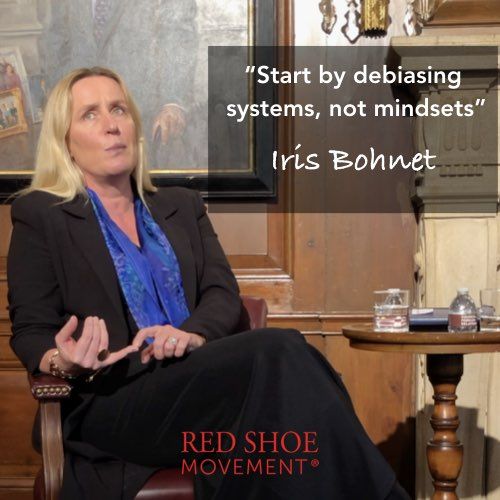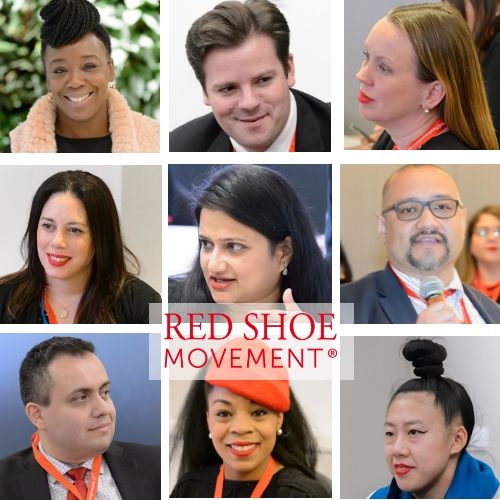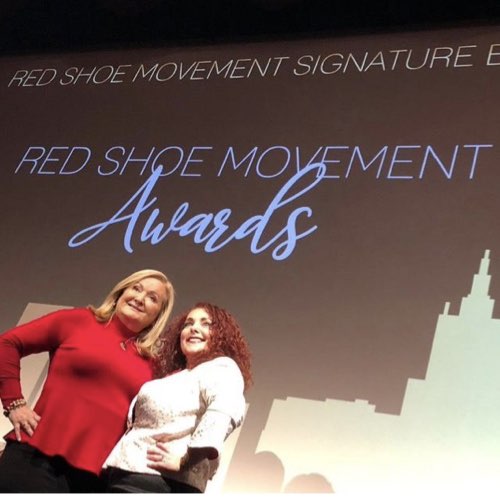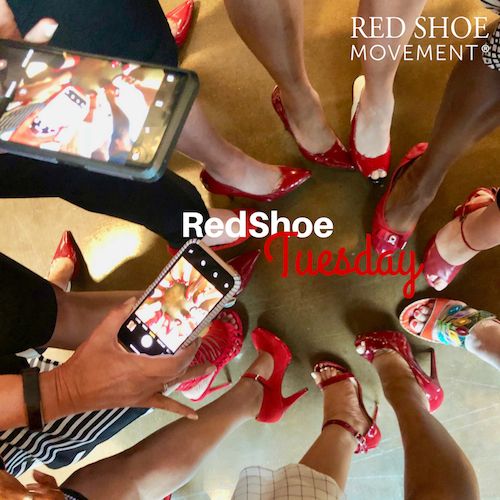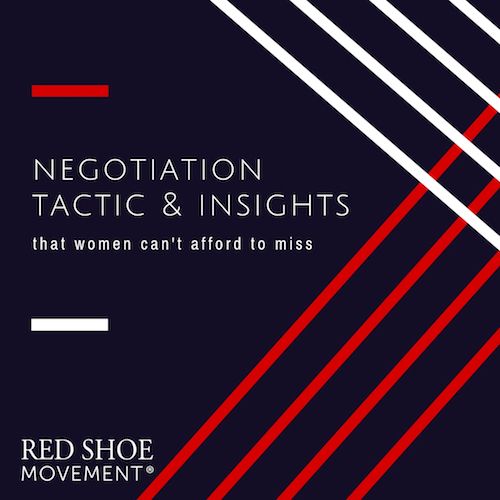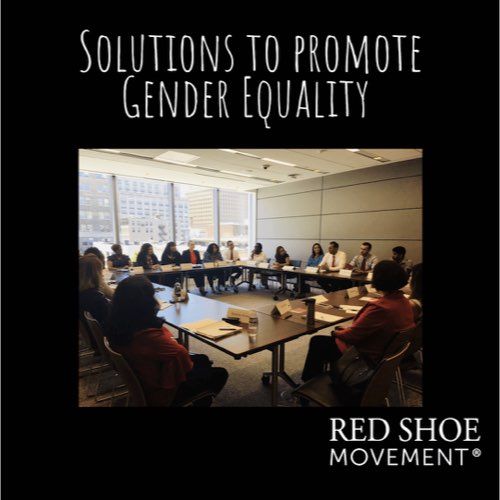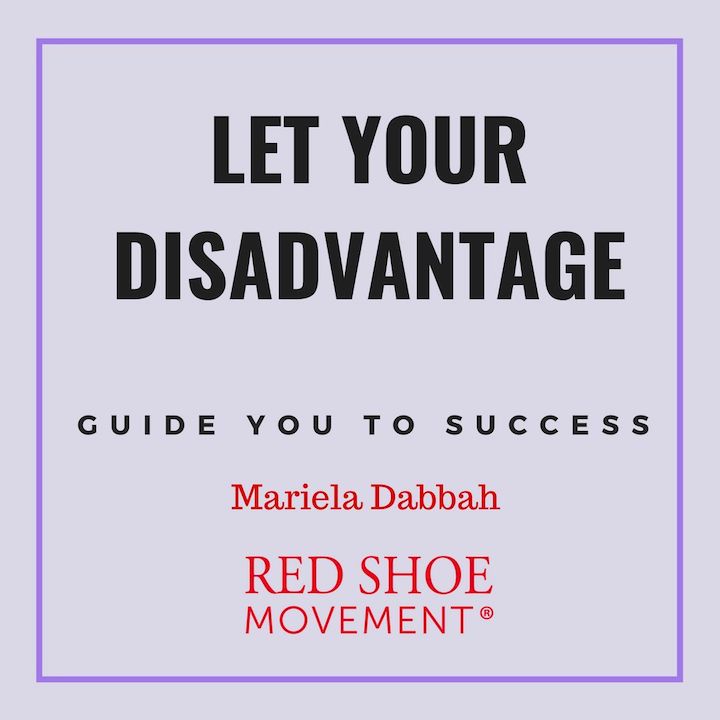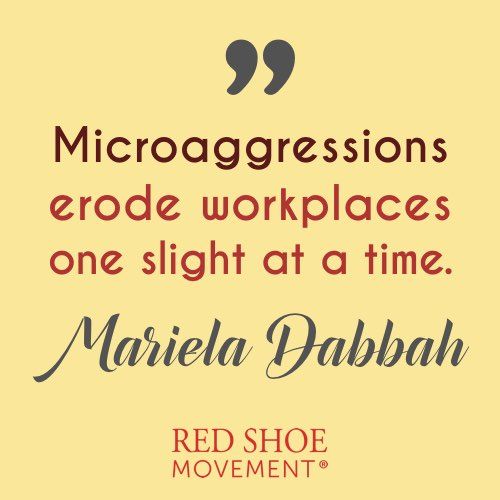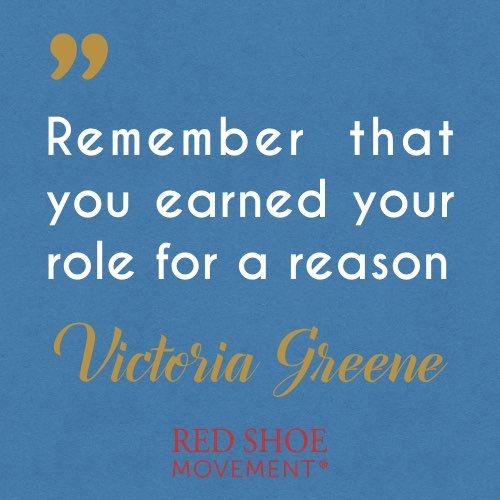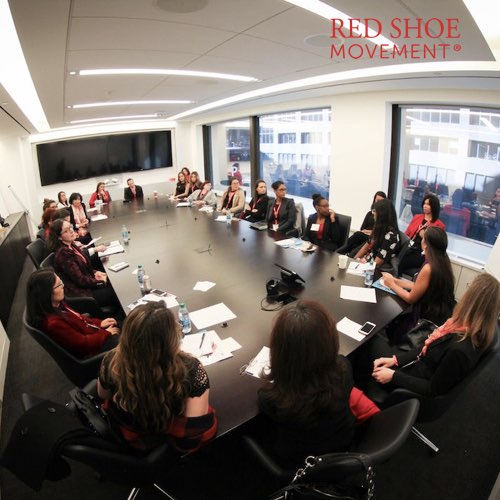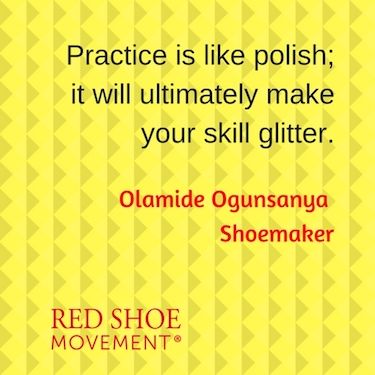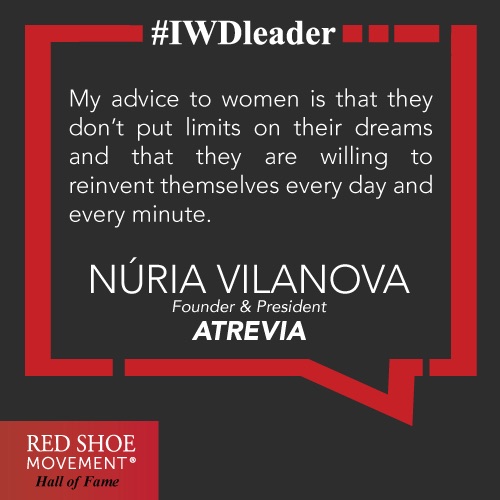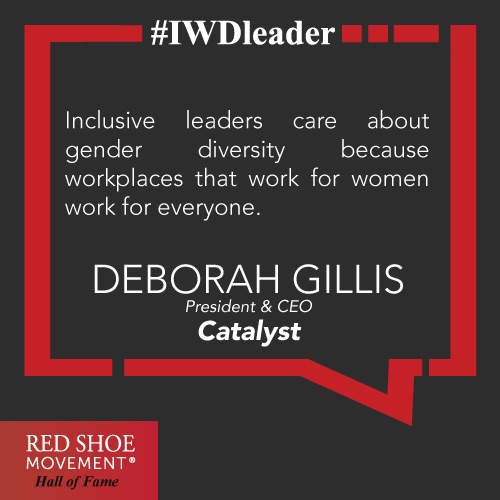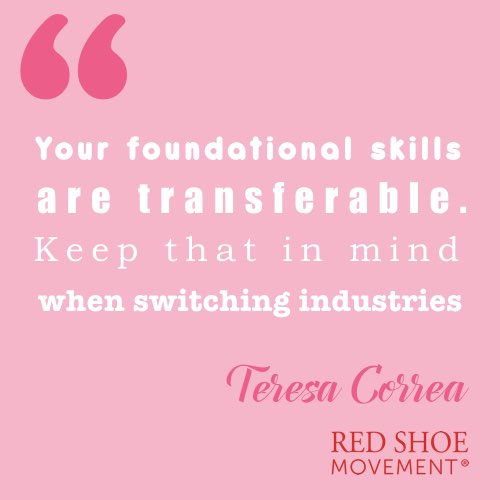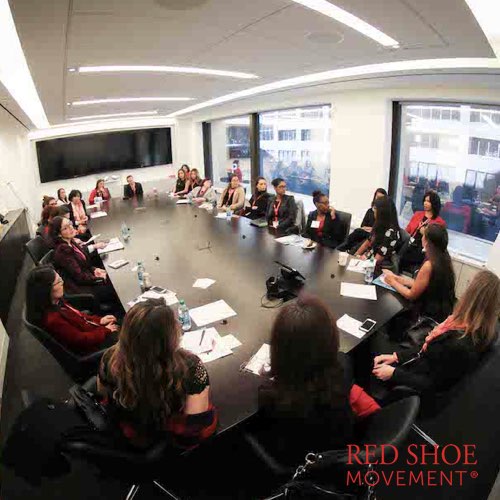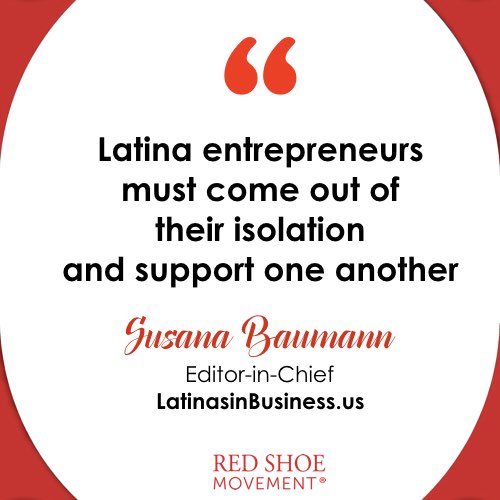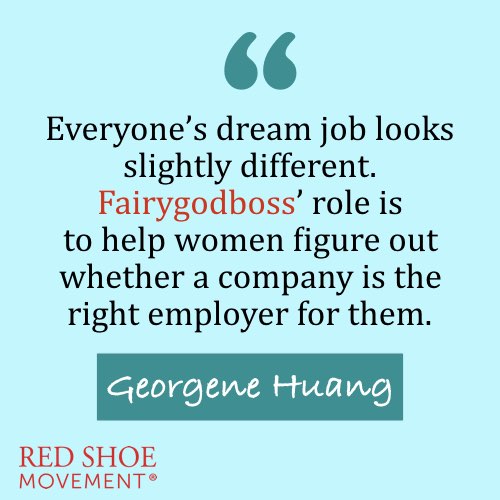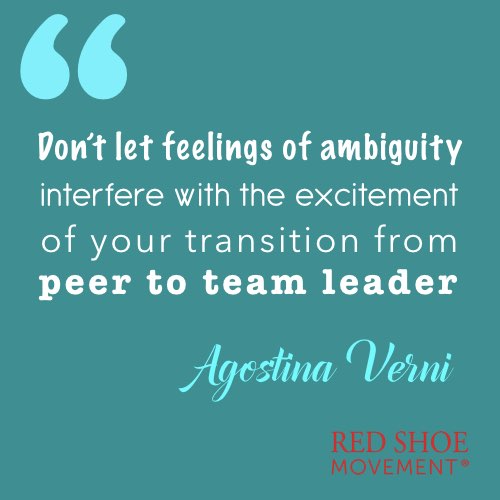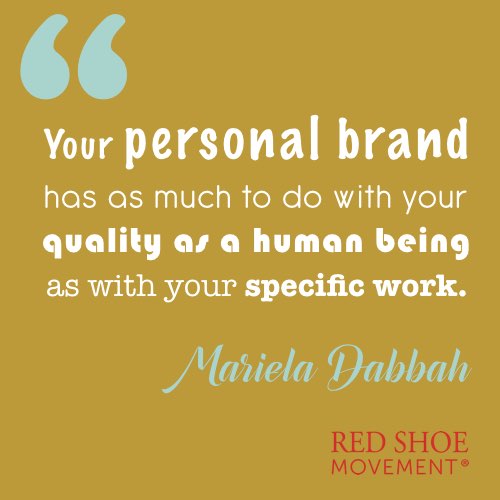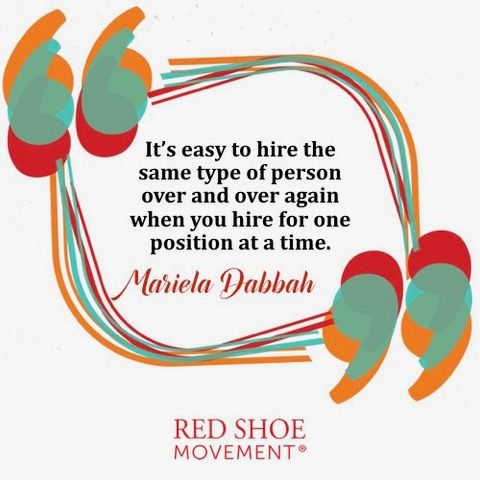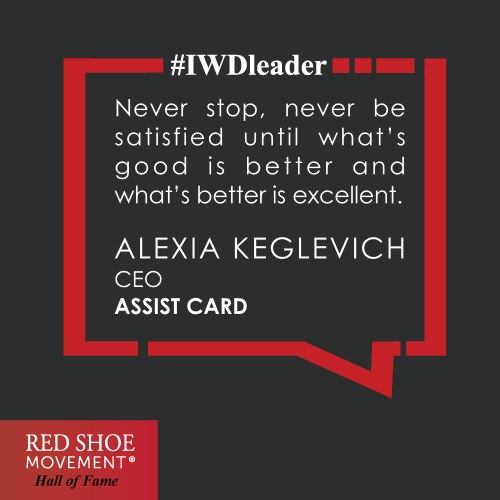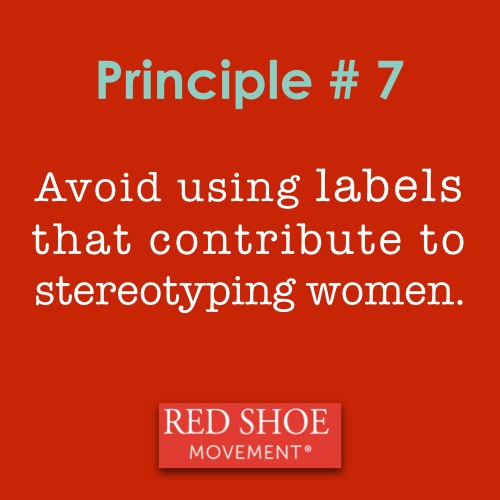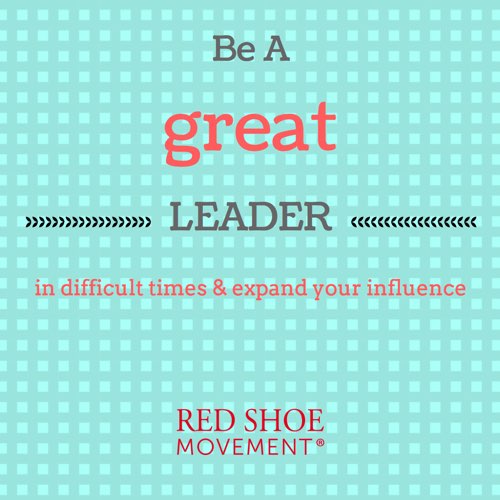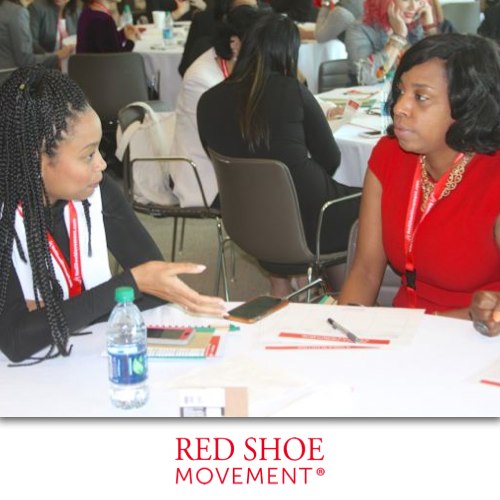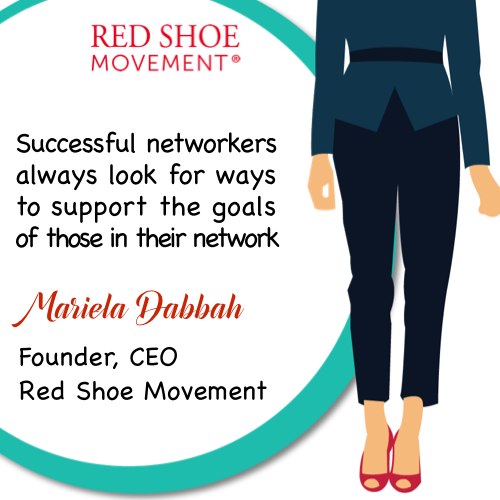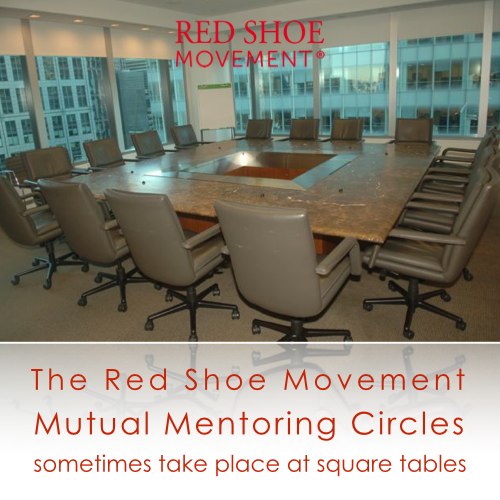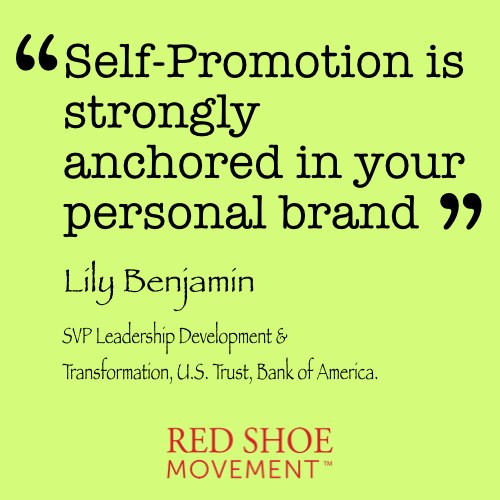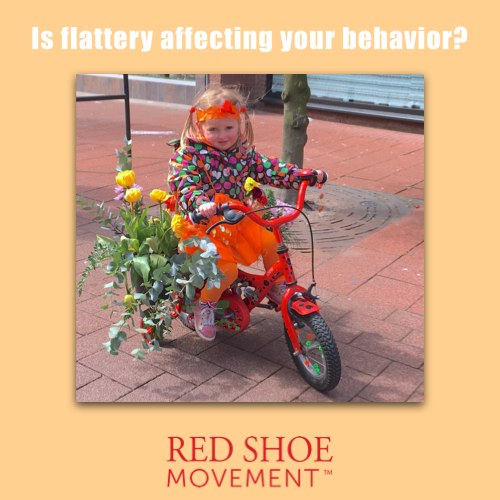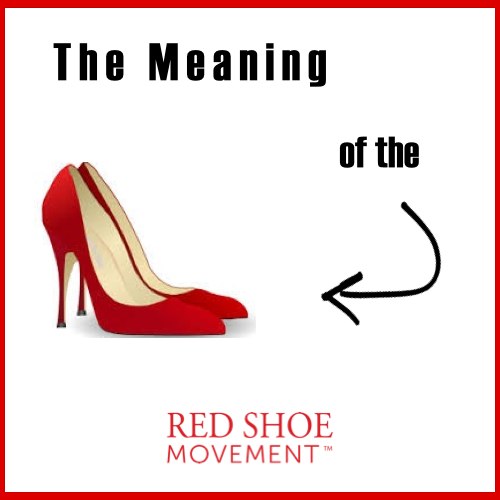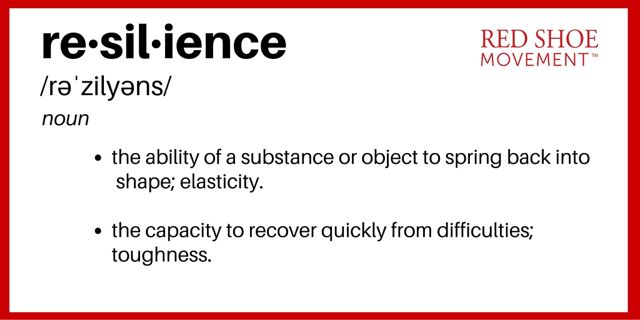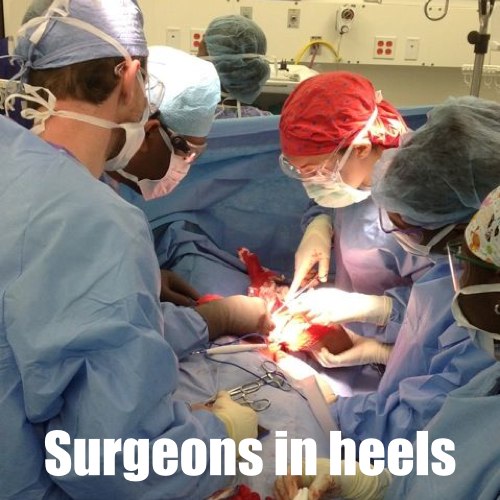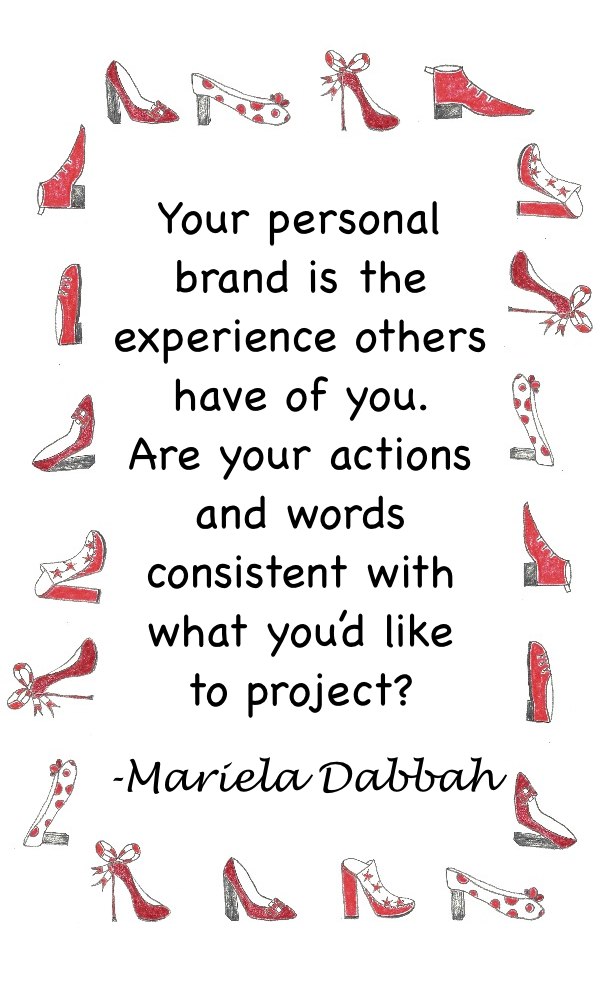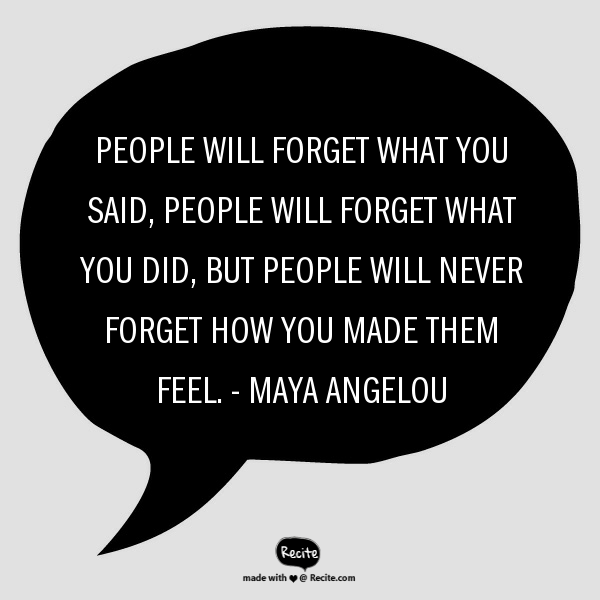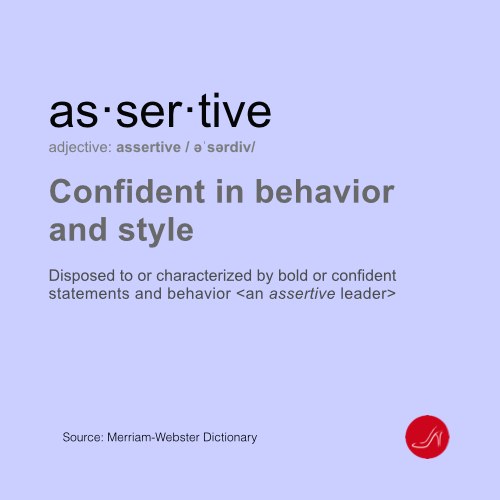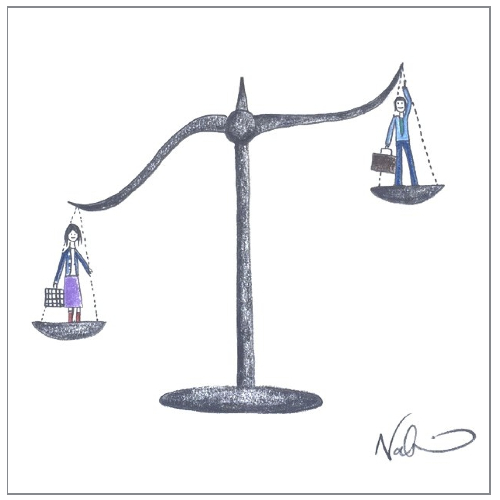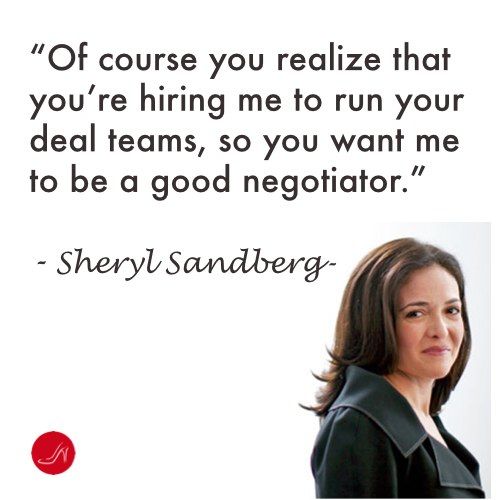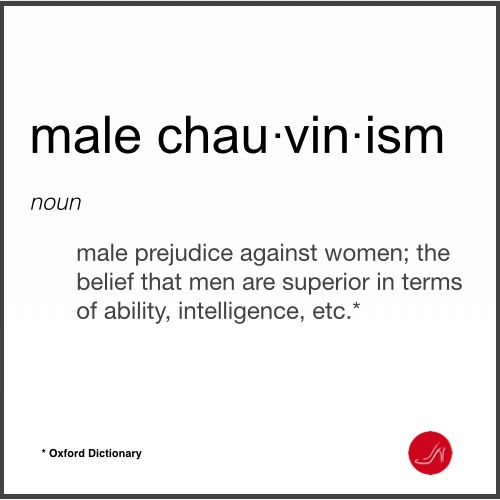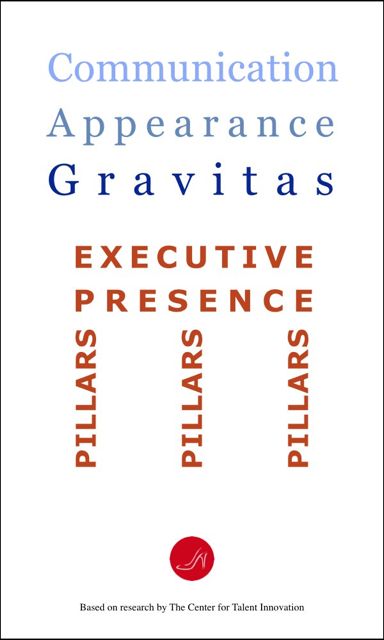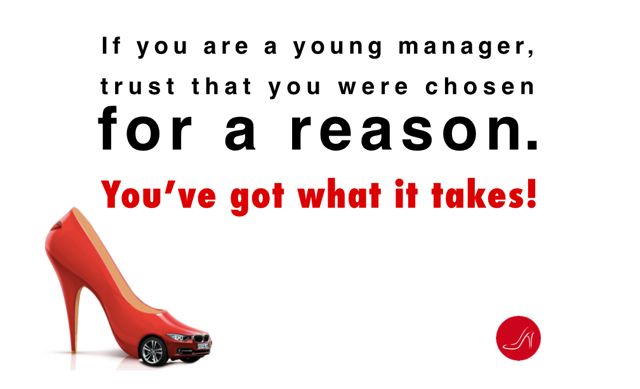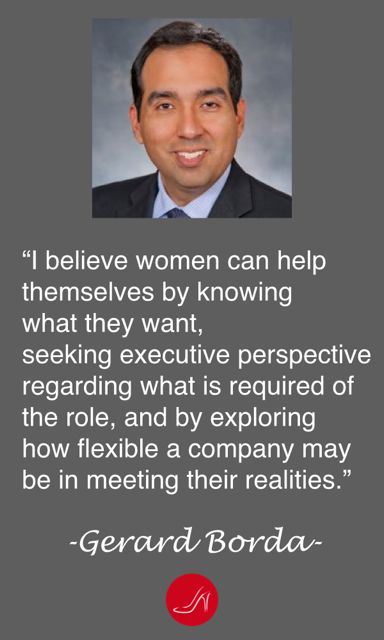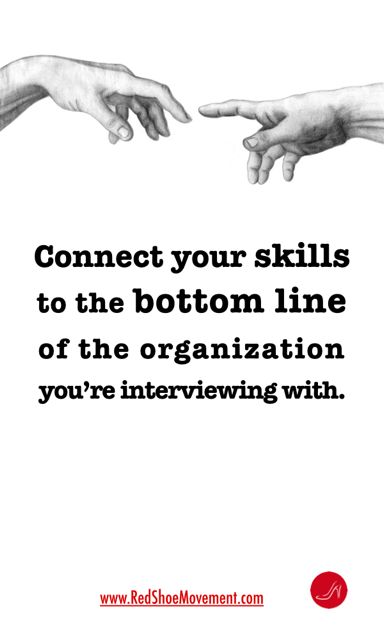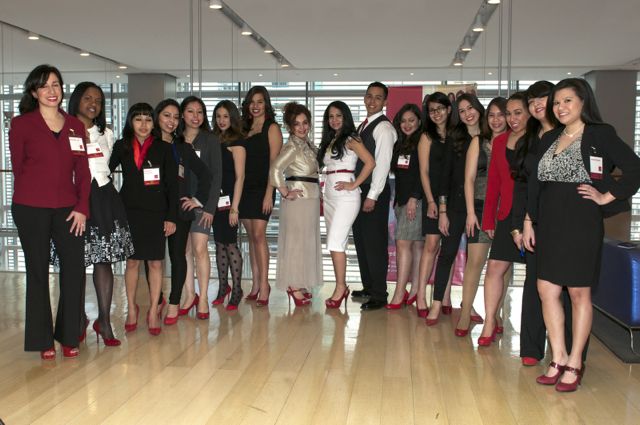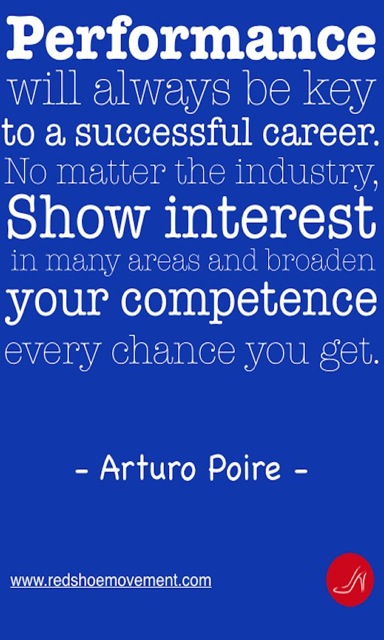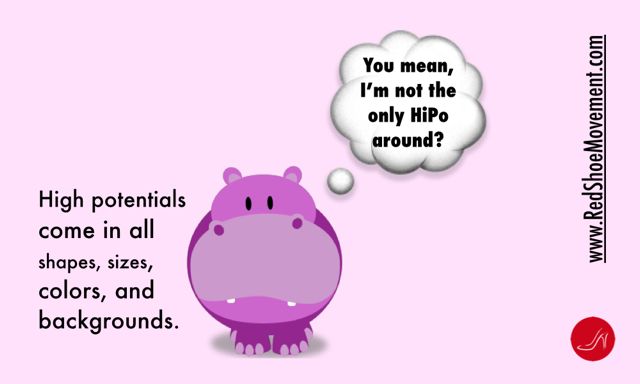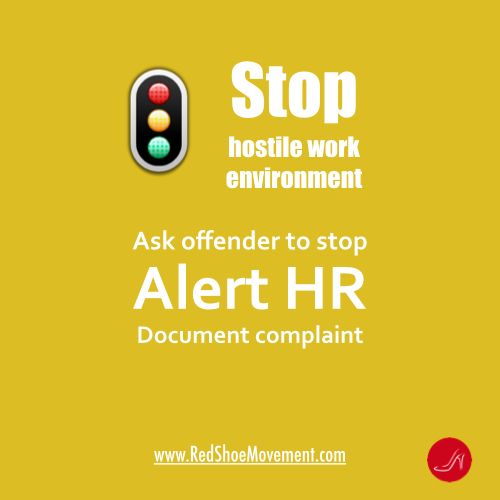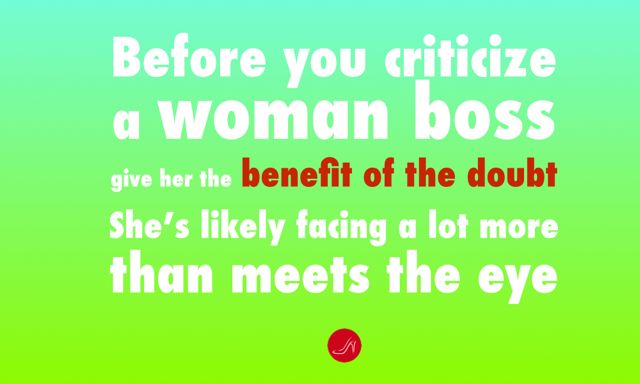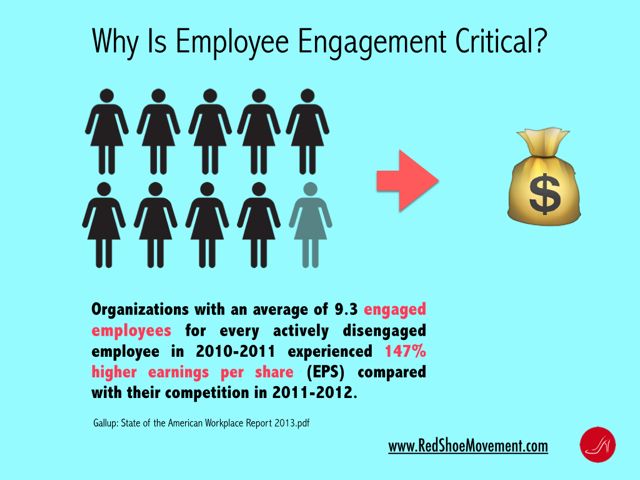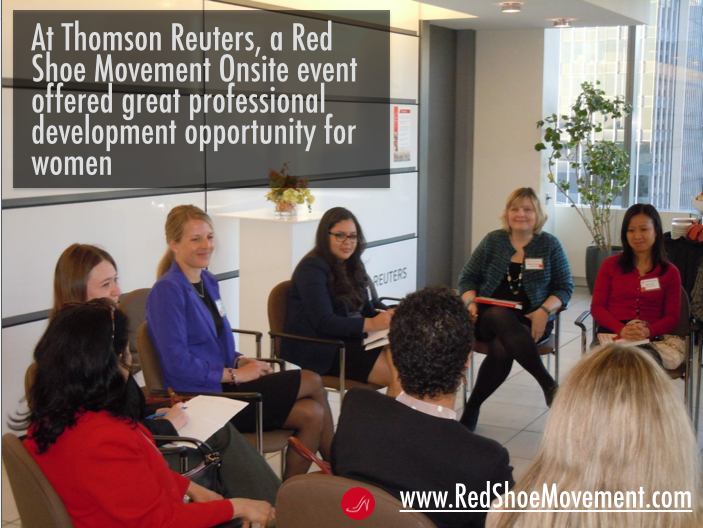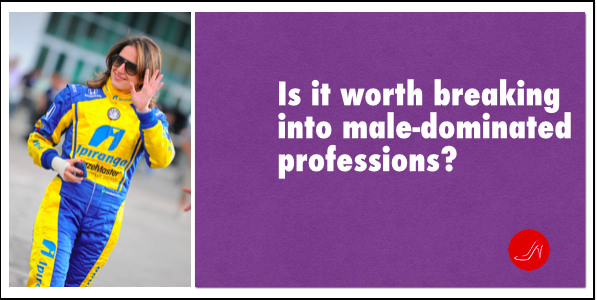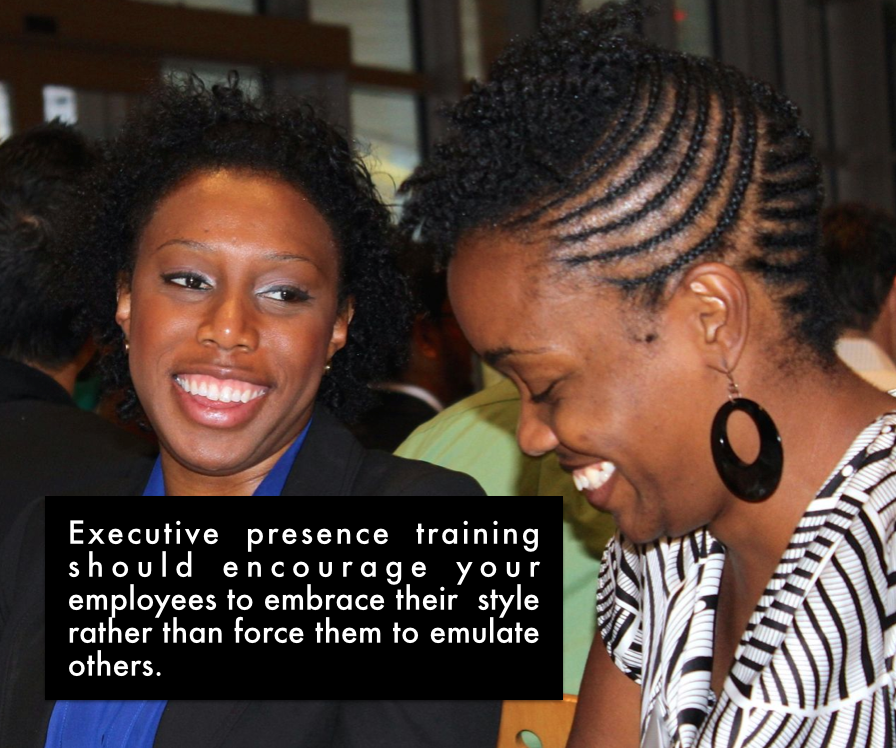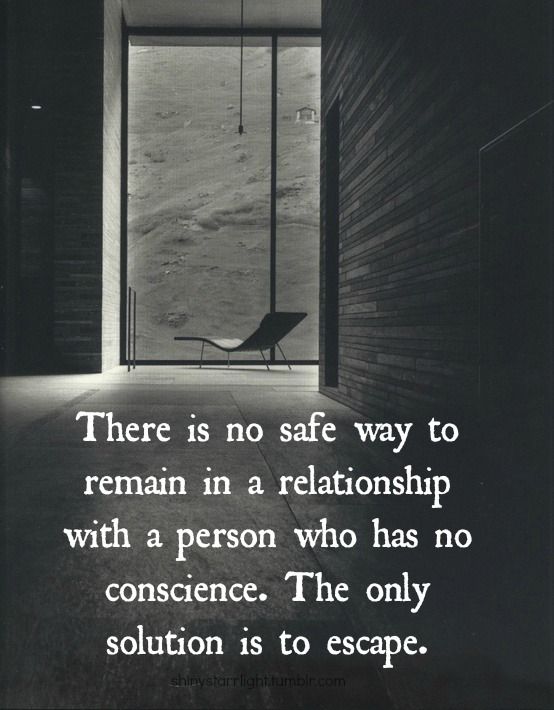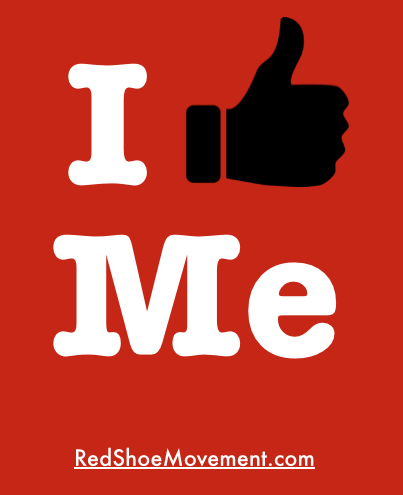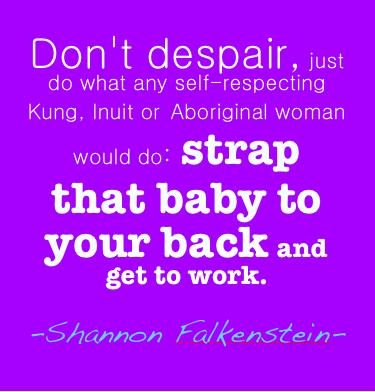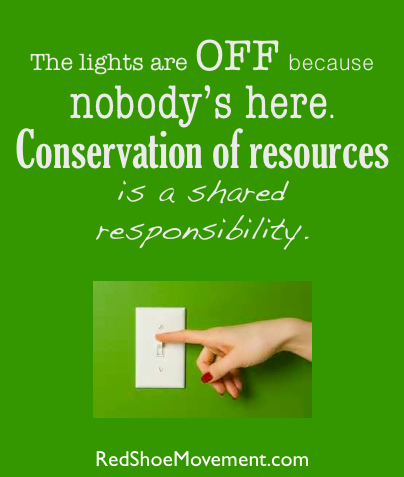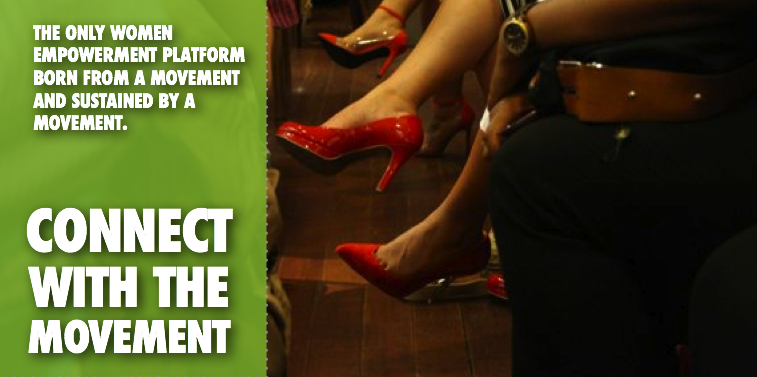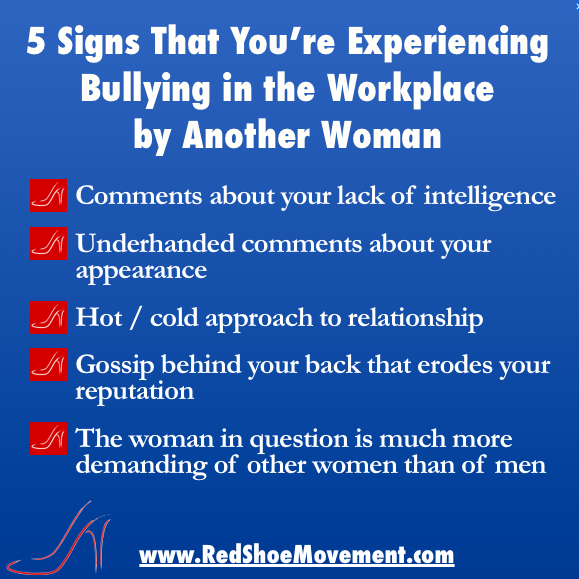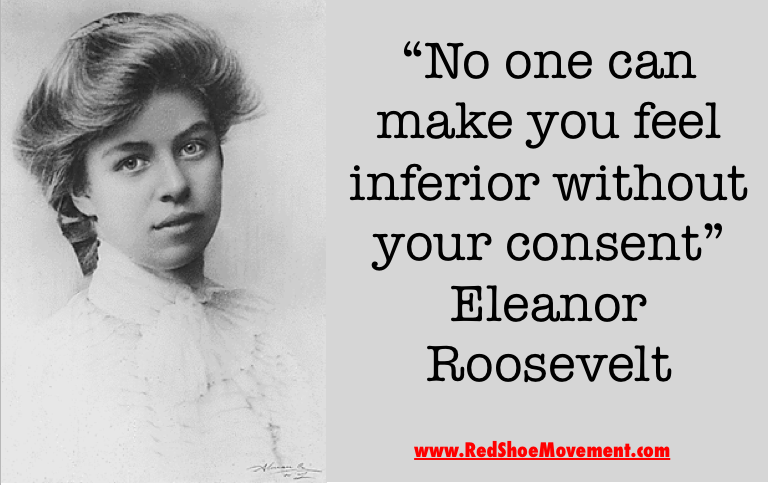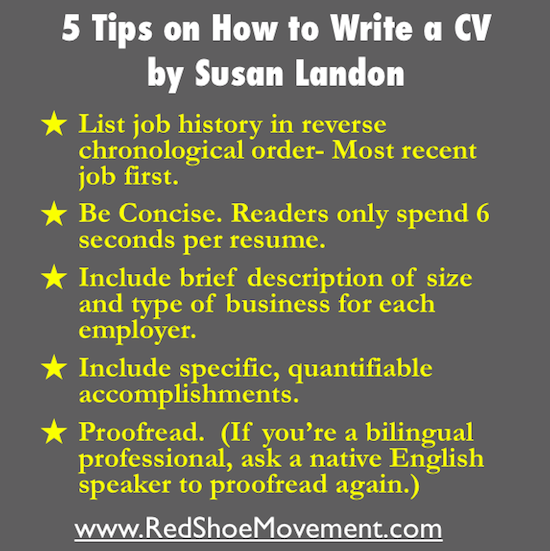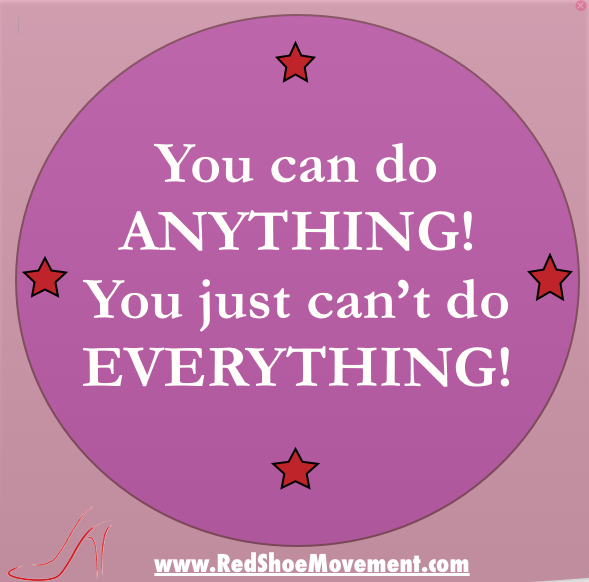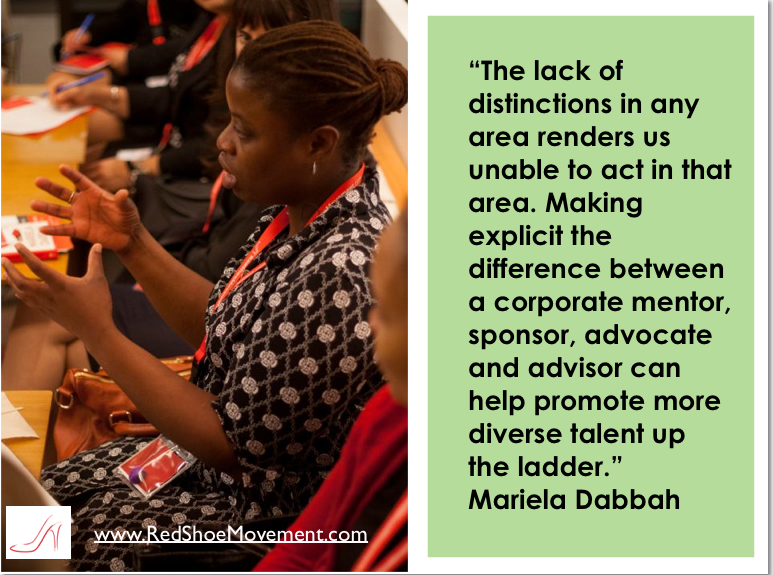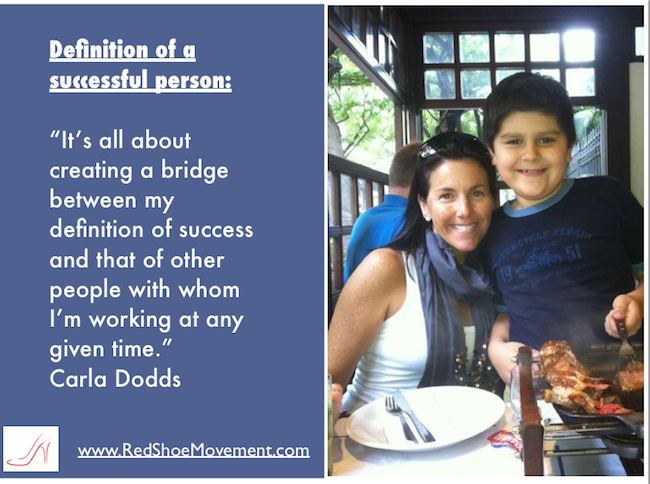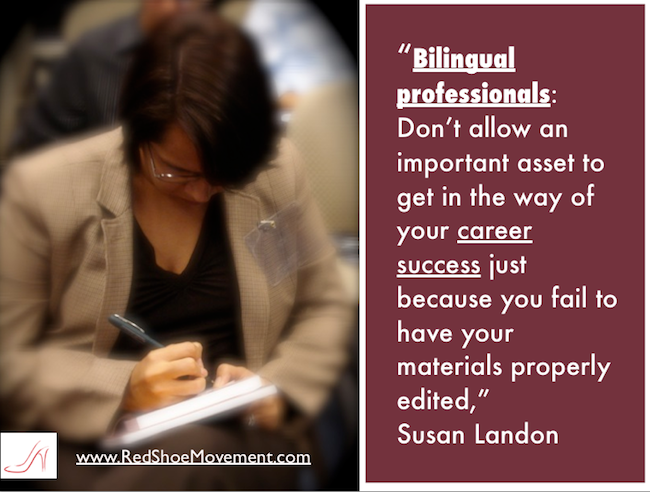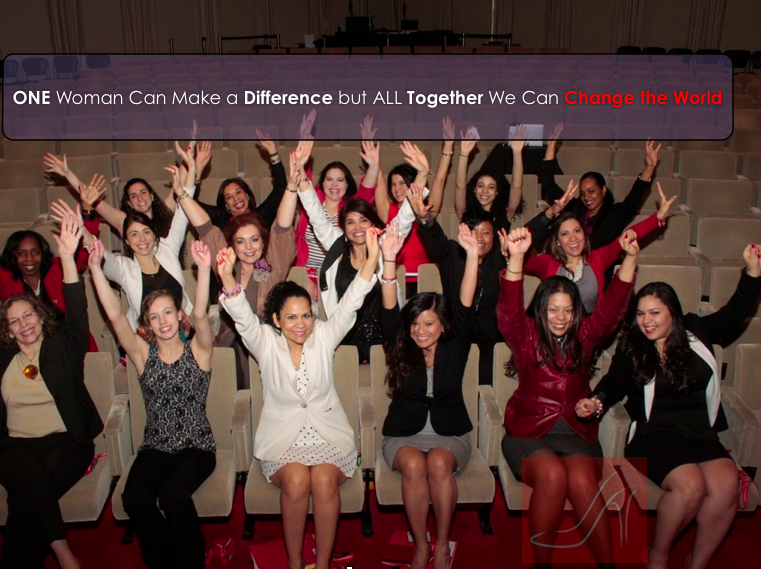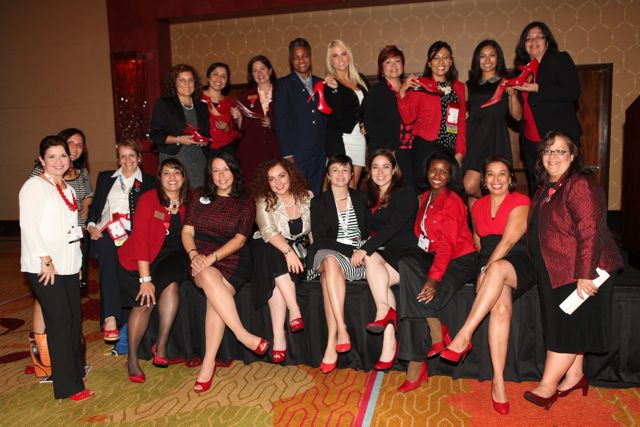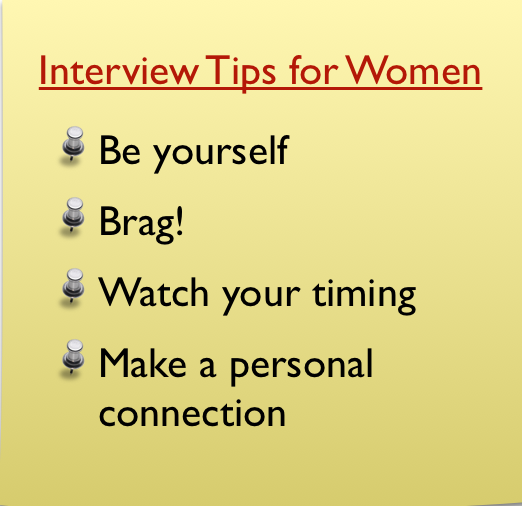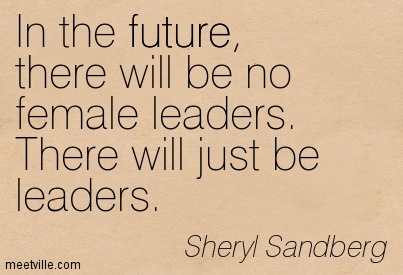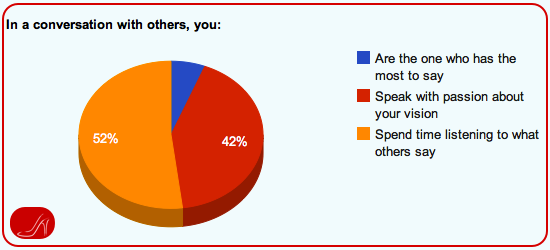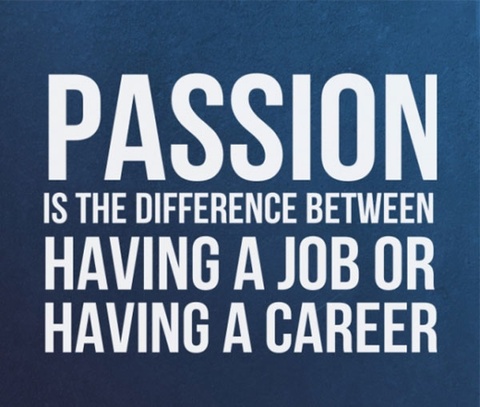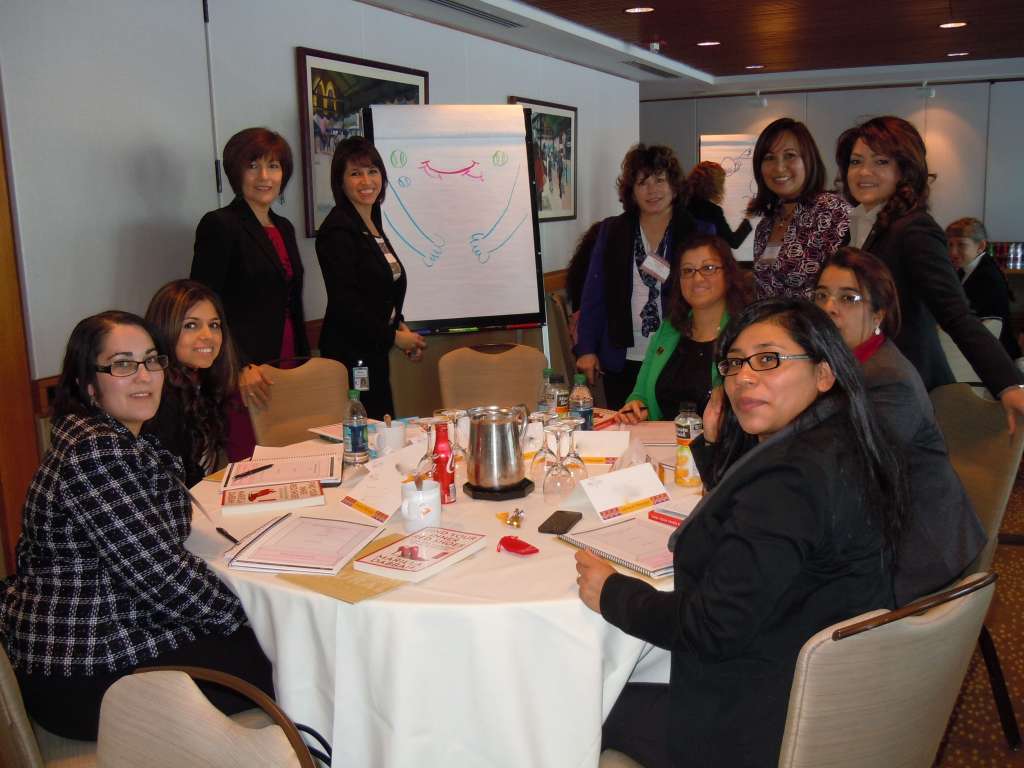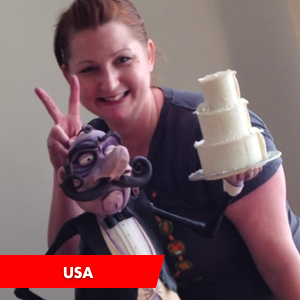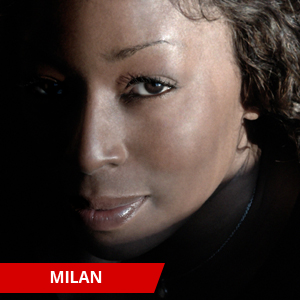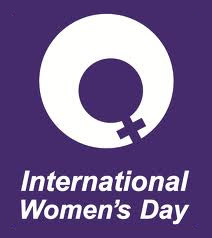A few of my high-power girlfriends came over for dinner recently and by the end of the night we shared stories of sexual harassment in the workplace.
The question that led me to this post was: How do we prepare the next generation to protect themselves against it? Here are a few answers.
This is an unprecedented time. Not a day goes by without another top executive, celebrity, or powerful man being fired for allegations of sexual harassment. Yet, we all know this is just the tip of the iceberg. In a very large number of workplaces across the world, very regular people commit the same kinds of acts and don’t make it to the front pages of the New York Times or even to social media through the #metoo hashtag. And for each one of those cases that has not seen the light, there are victims, often women, who suffer in silence. Who think there’s nothing they can do because they’ll lose their jobs or their promotions if they make a sexual harassment complaint.
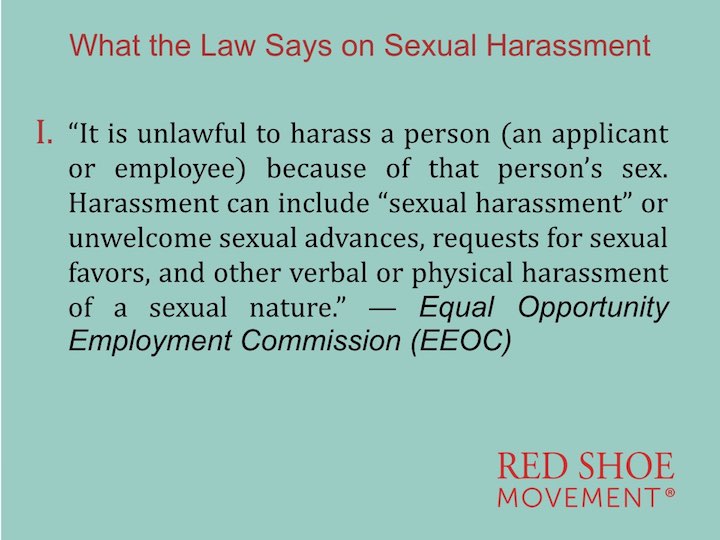
Definition of Sexual Harassment
First and foremost, let’s clarify what’s sexual harassment. According to the U.S. Equal Employment Opportunity Commission (EEOC):
“It is unlawful to harass a person (an applicant or employee) because of that person’s sex. Harassment can include “sexual harassment” or unwelcome sexual advances, requests for sexual favors, and other verbal or physical harassment of a sexual nature.
Harassment does not have to be of a sexual nature, however, and can include offensive remarks about a person’s sex. For example, it is illegal to harass a woman by making offensive comments about women in general.
Both victim and the harasser can be either a woman or a man, and the victim and harasser can be the same sex.
Although the law doesn’t prohibit simple teasing, offhand comments, or isolated incidents that are not very serious, harassment is illegal when it is so frequent or severe that it creates a hostile or offensive work environment or when it results in an adverse employment decision (such as the victim being fired or demoted).
The harasser can be the victim’s supervisor, a supervisor in another area, a co-worker, or someone who is not an employee of the employer, such as a client or customer.”
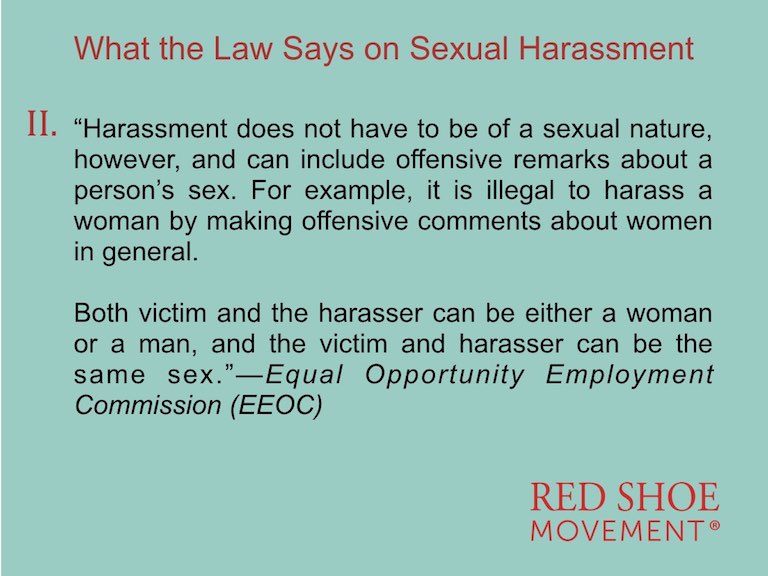
A guide to sexual harassment for the new generation
You may have recently graduated or in the workforce for a few, short years. You may be thrilled to have a job and do what you like. How do you distinguish between teasing and sexual harassment? When does teasing become inappropriate behavior and how do you deal with it? Because, although the law is on your side, we all know that few things are simple. And if the person making you feel uncomfortable has the power to fire you, or get you fired, you’ll likely think twice before filing a formal complaint.
Here are some of the things that go on in most workplaces and that are usually okay
1Harmless teasing. Generally accepted by all employees as being well intentioned and light that doesn’t repeatedly offend someone, or a specific group.
2People commenting to each other how great they look. As long as the comments are intended as a nicety and have no sexual undertone.
3Depending on the culture of the individual, there may be a bit more touching while people speak. For example, Latinos are known for being a more “touching” culture. So as people talk, they’ll touch your arm to make a point, for instance.
Here are some of the behaviors that cross the line and would constitute sexual harassment
1Telling you how hot you are, or how hot you look in this or that outfit, or bending over to pick up something on the floor.
2Insinuations that if you were willing to do certain things for this person you’d be promoted or given special treatment, privileges, etc. (quid pro quo.)
3Open threats that if you don’t do some sexual favor you won’t get Y. Or worse, that you’d be fired.
4Someone exposing their genitals or masturbating in front of you.
5Insistent invitations to “go home” with someone after a professional function once you’ve turned them down. Or, such an invitation from a superior when there’s no mutual interest or consent.
6Insinuations that other women have accepted to do certain things in lieu of getting opportunities and because you don’t do the same, you’re being left behind.
7Inappropriate touch. Meaning, touching that makes you feel uncomfortable. This doesn’t necessarily have to come from your direct supervisor. It still constitutes sexual harassment if this unwanted touches come from a supervisor from a different area, a colleague, a client or someone you have to work with who doesn’t work in your own company.
8Ongoing sexual jokes that make for a hostile work environment.
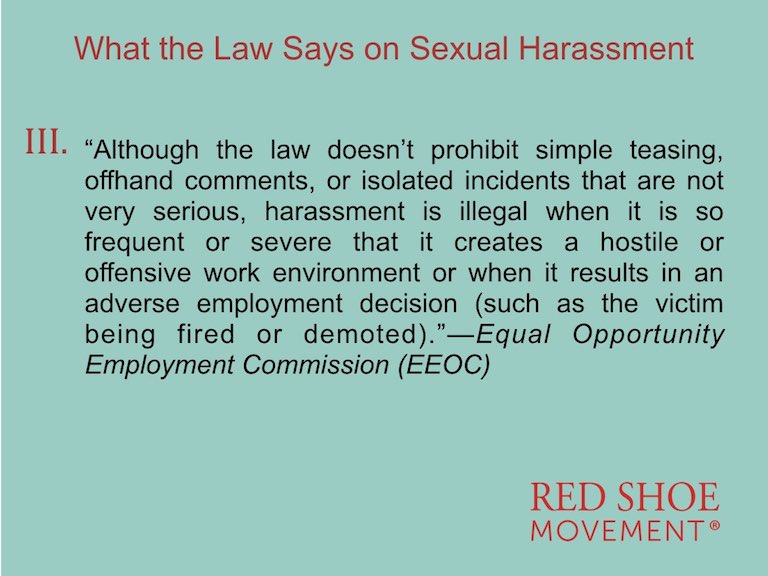
How to Deal with Sexual Harassment in Real Life
You probably don’t work in Hollywood or in a large media company dealing with a celebrity. You’re just dealing with your colleagues and bosses in the place where you work day in and day out. So how do you distinguish whether what’s happening to you are normal, everyday interactions at work or sexual harassment? How do you stop it without losing your job despite having the law on your side?
Signs to look for
- Repeated behavior that makes you feel uncomfortable.
- Others experience similar behavior from the same person. (But remember that you may be the only target of the inappropriate behavior, so don’t rule it out because nobody else seems to be experiencing the same.)
- Sexual jokes are made at your expense privately to you, or in front of others.
- The person implicitly or explicitly threatens your career or your job at your organization.
- You feel unsafe at work.
- Your promotions are stalled because you haven’t accepted open or implicit advances.
What to Do
- Record in writing with as many details as you can, every situation of sexual harassment you are a target of or that you witness in your workplace.
- If possible, talk to the perpetrator and make it clear that the behavior is inappropriate and unacceptable.
- If the perpetrator is not your supervisor but it is part of your team, speak to your supervisor.
- If you can’t talk to the perpetrator, and /or to your supervisor, approach your HR team and file a formal complaint. Ask for the employee manual and review the policies there. You might find additional steps that you can take.
- File a complaint with the EEOC. Depending of where you work, you have 180 or 300 days from the time of the sexual harassment took place to file a complaint with the EEOC.
- Talk to your friends about it. It’s important to have a support system, as being the target of inappropriate sexual behavior in the workplace can be very stressful and impact your self-esteem.
The alcohol effect
It’s a fact. Alcohol has the effect of loosening inhibitions. The amount of alcohol someone consumes before crossing the line of becoming inappropriate or abusive depends on many factors: your biology and your temperament, among others. What’s important to notice is that sometimes, people who are drunk (slightly or completely) may behave in very inappropriate and even criminal ways. Whether they realize it or not, it’s a different story. So two recommendations here: If you are on the receiving end of a drunk perpetrator who harasses you, the behavior still constitutes sexual harassment. And if you are the one drinking in a work-related function, be aware that you may become inappropriate with others without you even noticing. This behavior may affect your personal brand and future opportunities at a minimum and have legal consequences at worst.
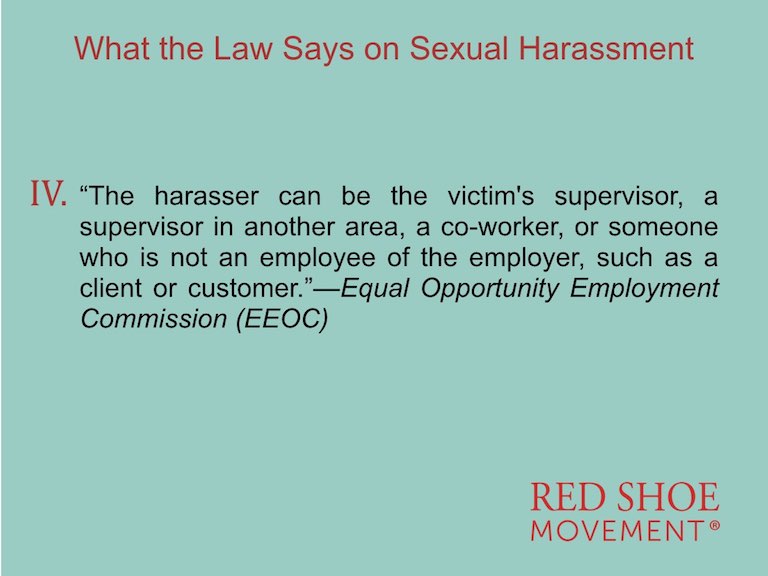
One poignant sexual harassment story
I will keep real identities and employers out of this post and the next one that I will write with your stories on sexual harassment, to protect those who haven’t come out with them. The names below have all been changed.
Mary’s Situation
Many years ago, when she was twenty something, Mary worked at XYZ TV. At a company party, one night, Joe, the Media Director of their Biggest Client’s Media Agency (and the Biggest Client’s Account Executive,) came up to Mary. He opened the V-neck of her dress and peered inside while making a comment: “Just making sure everything’s in order.” This was done in front of a group of mainly women, all of which stared at Mary waiting for her response. Horrified and terrified, Mary froze and couldn’t say or do anything.
How she dealt with the sexual harassment situation
Mary brought up the issue to her boss and to the President of XYZ TV. The answer she got from both men was: “Sorry, Mary. Joe’s a big executive at our Media Agency. He leads our Biggest Client account and we can’t do anything about it.”
Frustrated, Mary called Jackie, a woman she had met once before at the Biggest Client. She was the head of marketing. When Mary told her the story, Jackie knew immediately it was true. Not only did she believe Mary’s sexual harassment allegation, but she had also heard other women complain of Joe’s behavior before. Jackie went to her HR department and told them she wanted Joe fired as their Account Executive. A few days later, the CEO of Biggest Client’s Media Agency (the company for which Joe worked) called Jackie. And here’s how Jackie easily convinced him to fire Joe. “Look Mr. CEO, this is bad business for you. We don’t want to be connected to a company that makes our colleagues feel unsafe. And you really don’t want to face a lawsuit by an employee at one of your Biggest Clients or at one of our media partners.” Joe was fired.
Summing it up
It’s often hard to talk or react at the moment when sexual harassment is taking place. It can be a paralyzing or embarrassing situation where you may freeze as Mary did. What’s important is that you don’t let it slide. That you don’t feel that you did something wrong. Mary was the victim in this situation, but she didn’t remain as a passive recipient of this inappropriate and illegal behavior. She took action and kept at it until the perpetrator was fired.
She spoke the day after it happened with her boss. When she didn’t find the answer she was looking for, Mary tapped her network. She built rapport with a woman who worked with one of the interested parties. In this case, it was not even the company where the perpetrator worked. Jackie knew the best way to get this taken care of quickly was to build a business case. Unfortunate but true, many times this is what it takes to stop sexual harassment in the workplace. When people understand it’s bad for business, they tend to act faster.
Above all, avoid thinking that you’re being harassed because you’re too attractive or not attractive enough. That this is happening to you because you’re being punished for whatever reason. Or that you have to suffer in silence. Sexual harassment has nothing to do with your appearance and a lot to do with power. And most importantly, it’s a crime.
I’ll write a Part II with your own anonymous stories and how you dealt with them. The more we share, the quicker we’ll all learn how to make our workplaces safer for everyone. So please send your stories in! info@RedShoeMovement.com



